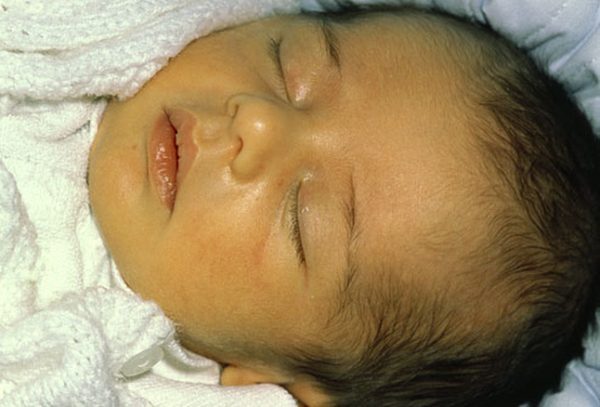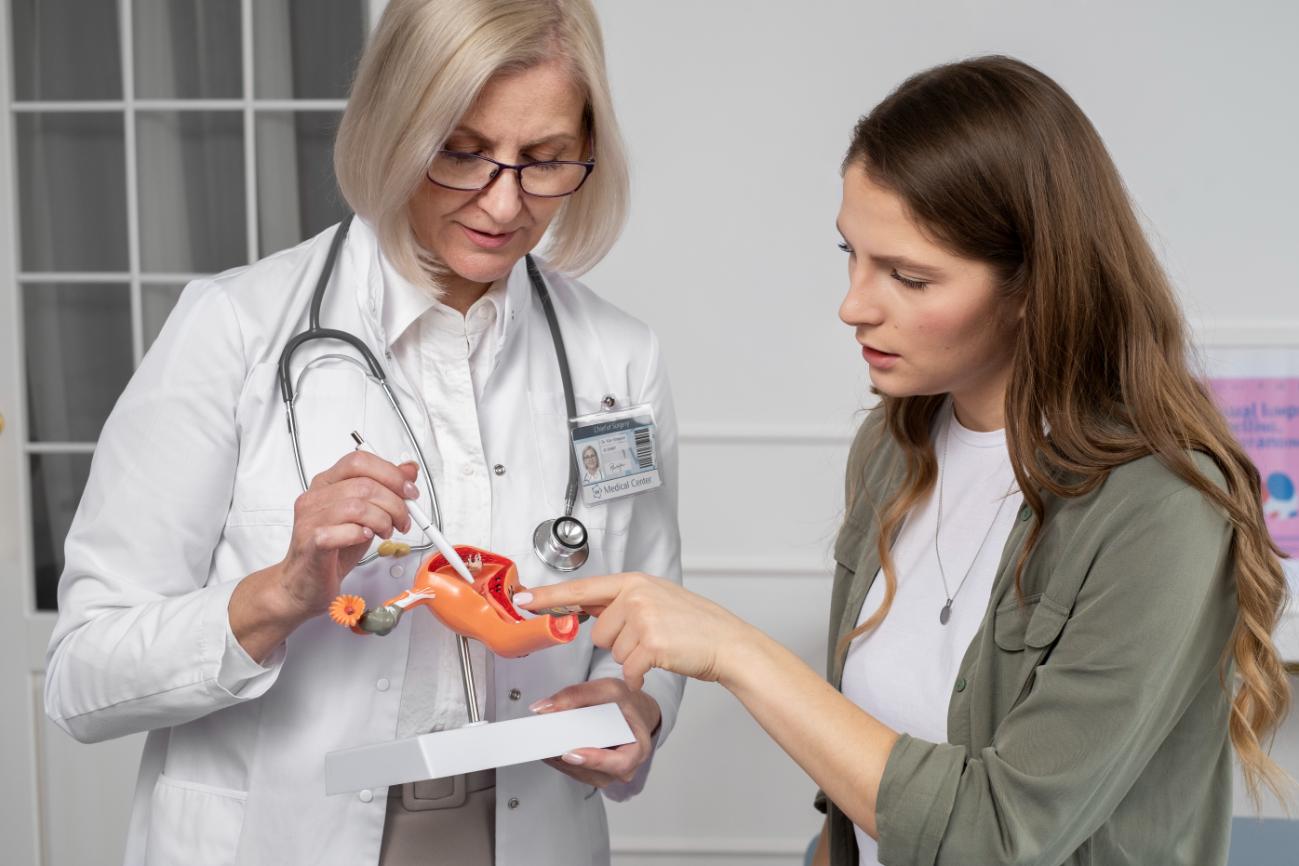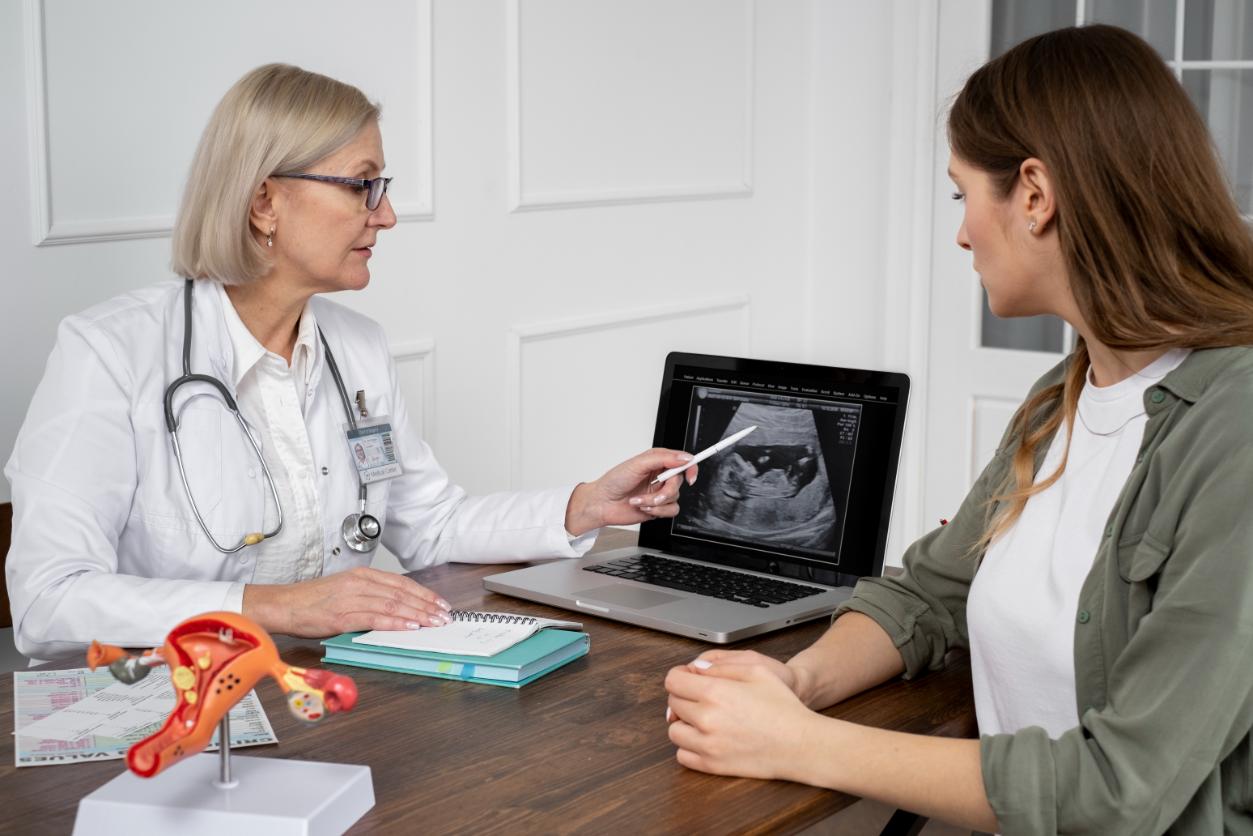
Following a proper diet is very important during pregnancy for the health of the pregnant woman and the fetus. A healthy diet while pregnant is important for the baby’s growth. Understanding the different nutrients required and the foods that supply them is the first step toward maintaining a healthy diet during pregnancy. Throughout pregnancy, it is important to eat healthy, incorporating sufficient amounts of fruits, vegetables, whole grains, lean protein, and good fats into your diet. Eating a healthy diet not only nourishes the baby but also the mother. In this article, we will explore what food to include and avoid during pregnancy.
Talk to our Gynecologist now! What Foods To Eat During Pregnancy? A pregnancy diet should include the following for the growth and development of the fetus.
Dairy Products
When you’re pregnant, you need to have more protein and calcium for the baby. Milk, cheese, and yoghurt are considered healthy dairy options. There are two types of high-quality protein in dairy products: casein and whey. Dairy provides the highest amount of calcium in a diet. Consuming dairy products also supplies you with phosphorus, B vitamins, magnesium, and zinc. Yoghurt, particularly Greek yoghurt, can be included in the diet, as it contains probiotic bacteria that aid digestion.
Legumes
Legumes are high in fibre and are also a good source of iron, magnesium, and potassium. Legumes such as lentils, chickpeas, peas, beans, and soybeans are great plant-based sources of fibre. They also provide protein, iron, folate, and calcium, all of which are necessary during pregnancy. Lentils can be incorporated into your pregnancy diet in the form of curries or salads.
Folate Rich Foods
Folate is a B vitamin that’s crucial for the development of the brain and spinal cord (prevents neural tube defects). Folic acid is the synthetic form of folate found in supplements and fortified foods. Taking folic acid can help reduce the risk of having a premature or low birth weight baby. Fortified cereals are an excellent source of folic acid. Good sources of naturally occurring folate include dark green, leafy vegetables, citrus fruits, and legumes.
Eggs
Including eggs in your diet will provide you with almost every nutrient you need during pregnancy. An egg has about 71 calories, 3.6g of protein, fat, and various vitamins and minerals. They are also an excellent source of choline. This nutrient is essential during pregnancy, as it is important for the development of the baby and prevents developmental abnormalities of the brain and spine. One whole egg contains about 147 mg of choline, which supplies the recommended intake of 450 mg per day during pregnancy.
Lean Meat And Proteins
Protein is essential during pregnancy and you can consume protein in the form of lean beef, pork, and chicken. During pregnancy, you will need higher amounts of iron, choline, and other B vitamins, which are found in beef and pork. As your blood volume increases during pregnancy, you will need more iron, especially during the third trimester. Low levels of iron will affect the child’s health and increase the risk of low birth weight, among other complications. It is important to note that, while consuming iron-rich, you should also take foods rich in vitamin C to increase the absorption of iron in the body.
Also Read: ഗർഭിണികൾ കിടക്കുമ്പോൾ ശ്രദ്ധിക്കേണ്ട കാര്യങ്ങൾ
Other foods to eat during pregnancy include:
-
Avocados
-
Whole grains
-
Berries
-
Sweet potatoes
-
Dried fruit
-
Fish liver oil

High mercury fish
Seafood is a good protein source and contains omega-3 fatty acids that promote a baby’s brain and eye development. However, large fish contain high levels of mercury, and consuming them can harm the developing nervous system of the baby. Avoid eating fish such as Shark, Swordfish, King Mackerel, and Bigeye Tuna. Include seafood that contains little mercury such as Anchovies, Salmon, Sardines, Shrimp, Catfish, Cod, and Tilapia.
Undercooked or raw fish
Raw fish may contain bacteria or parasites that can be very harmful. There is a higher risk of raw fish getting infected during handling, storing, and processing. Consuming such seafood may cause pregnancy loss, stillbirth, or increase the risk of preterm delivery. Avoid seafood such as sushi, sashimi, raw oysters, or clams.
Processed meat
Processed meat such as sausages, many get infected with bacteria or parasites during different stages of handling. Since they contain high levels of sodium and unhealthy fats, it is better to avoid them during pregnancy.
Raw Sprouts
People often consume raw sprouts, such as mung bean sprouts as salads. However, the humid environment which promotes the sprouting of the seeds also supports the growth of Salmonella. Therefore, it is better to avoid sprouts completely during pregnancy.
Unpasteurized dairy products
Unpasteurized dairy products have the potential to contain harmful bacteria, such as Listeria, Salmonella, and E. coli. They can cause food poisoning, which can be life-threatening for the unborn baby. During pregnancy, consume only pasteurized dairy products to avoid the risk of infections.
Raw eggs
Since Salmonella bacteria are found in raw eggs, consuming them can cause vomiting, stomach cramps, fever, and nausea. Salmonella infection can be very harmful, leading to preterm birth or stillbirth.
Other foods to avoid include:
-
Organ meat
-
Processed foods
-
Alcohol
-
Caffeine
-
Soft, mold-ripened cheese
-
Uncooked or partially cooked meats
At KJK Hospital, we provide the highest quality care for pregnant women. Our team of highly qualified obstetricians and gynecologists provides advice and guidance for a healthy pregnancy. Expert and professional doctors with years of experience suggest a pregnancy diet for expecting mothers that will provide the necessary nutrients required during pregnancy. As the best gynecology hospital in Trivandrum, we focus on helping pregnant women stay healthy throughout the pregnancy to bring home a healthy baby.
Feel free to contact us for appointments and queries.
Phone Numbers: 0471-2544080, 2544706
Email: info@kjkhospital.com





